Beyond Surgery: The Secrets to Amazing Sex After Hysterectomy

On the day of the surgery, you wake up, perhaps feeling nervous, but eager for this nightmare to be over. Your surgery is successful, and you are happy. Ready to live without worries. While everything appears fine after your hysterectomy, as time passes, you realize that new challenges await you. Maybe you had endometriosis that was affecting your sex life, but now that you've had the hysterectomy, your sex life seems to still be in danger. You thought this issue would be fixed. What's happening? It feels like this never ends! Don't worry; I've written this blog specifically to help alleviate your concerns. Today, I'm going to talk to you about hysterectomy and sex. I'm going to give you the answers you've been asking for.
Let’s start with the basic facts about hysterectomy
What is a Hysterectomy?
A hysterectomy is the surgery to remove just the uterus (womb).
What does a Hysterectomy treat?
It is a surgical procedure to treat diseases like fibroids, endometriosis, and cancers such as uterine and cervical cancers.

What about my sex life? How does a Hysterectomy affect it?
Well, it depends. If only the uterus is removed, it often does not affect sexual activity. You just need to make a small effort and refrain from sex for about six weeks after the surgery. Once the surgical wound heals, you can make up for the lost time and resume your sex life 🥳.
But wait, we shouldn't rush. There are some exceptions that I need to tell you about:
First of all, you have to take into account that 50% of Hysterectomies include Bilateral Oophorectomy
Incredible but true. For about half of all hysterectomies performed in the United States, the ovaries are removed along with the uterus, especially when the procedure is part of cancer treatment. This procedure is what we call bilateral oophorectomy.
What? Remove Ovaries?
Just as you read it. Although we all agree that ovaries are pretty neat, in some cases they are removed. The main reason? Cancer prevention. This is because the ovaries are the source of estrogen, and estrogen is associated with female reproductive tissues like:
- breast cancer
- ovarian cancer
- uterine cancer
- cervical cancer
Therefore, when the ovaries are removed, what is actually being sought is to eliminate the source of estrogen. In this way, this procedure helps to help prevent these hormone-sensitive cancers for survivors and women with a family history of breast, ovarian, uterine, and cervical cancers.

But not all is sunshine and rainbows. Some consequences may need to be overcome. In fact, hysterectomies can cause Female Sex Dysfunction
We all know that nothing is free in this life. You may be gaining a lot, but what you lose, in addition to your ovaries, are also the glands that produce sex hormones. Like the famous testosterone and estrogen. Let's delve a bit deeper into them:
Testosterone: The Libido Hormone
Many people associate testosterone with men only. What they may not know is that it is also produced in smaller amounts in women. Its function is actually very important, especially in the sexual field. It is believed that this hormone promotes sexual desire in women.
Estrogen: The Sex Hormone
On the other hand, estrogen is responsible for maintaining the health of all female reproductive tissues. Thus, one of its goals is to keep the vaginal tissue thick, moist, and flexible.
But how are estrogen and testosterone affected if the ovaries are removed? Let me start by telling you that ovaries produce about half of testosterone and nearly all of estrogen in women.
You're probably wondering what all of this implies for your sex life. Let's cut to the chase and get straight to the point.
When ovaries are removed after a total hysterectomy:
- your estrogen is substantially reduced
- your vaginal tissue becomes:
- thinner
- dryer
- more vulnerable to tear during intercourse
- your libido and sexual desire are decreased
- arousal is altered because
- your vaginal lubrication is reduced
- your vaginal dilation is reduced
- you may have an inability to achieve orgasm
- you may have uncomfortable or painful sex (dyspareunia)

Can I just take Estrogen?
No, estrogen cannot be used by patients who have undergone a hysterectomy. Supplementing estrogen can help you find relief just in theory, not in practice.
Here we have a clear example of a Catch-22 situation. Estrogen can increase your risk of cancer, right? Well, this is the main reason why your ovaries were removed in the first place. It's a dilemma, a complex, and truly absurd reality.
The good news? You're not alone! About half of all women with hysterectomies in the United States are suffering from various degrees of sexual dysfunction and they cannot use estrogen to find relief. I know. It’s frustrating to feel stuck in this dead end, but at least we have each other.

What about testosterone?
Since estrogen cannot be used in women who have had a hysterectomy, can testosterone help treat sexual dysfunction? Not really.
Let me tell you some things about the brain, I promise it's related to the topic! It is currently believed that in a healthy woman, the sexual arousal begins in the brain.
This means that we can get triggered by a romantic memory, image, scent, music, or fantasy, causing prompt sexual arousal. As a result, it was believed that female sexual dysfunction is a chain reaction that occurs from top to bottom. Specifically from the brain to the lower parts of the body. A lack of testosterone would result in decreased libido in the brain. The consequences of this include altered arousal and an absence of orgasm. Thus, the brain was thought to be the key and starting point for treating female sexual dysfunction.
Effects of Testosterone on Female Libido
Based on this belief, doctors have used testosterone to treat female sexual dysfunction, but the efficacy has been limited while the side effects are significant.
Indeed, as a result, the American Endocrine Society has recommended against using testosterone to treat women with sexual dysfunction.

Dr. Chang, we need solutions, not more problems…
Okay, I just needed to give you some context before moving on to our possible solutions. Let’s start with:
Non-hormonal Choices
There are many non-hormonal approaches that promise to help women with sexual dysfunction:
- Vaginal lubricants
- Vaginal moisturizers
- Vaginal dilators
- Laser treatment (like MonaLisa Touch)
- Simple nutritional supplements (like vitamin E suppositories)
- Advanced nutritional supplements (like NeuEve suppositories and cream)
These products are available over the counter and do not require prescriptions. Women can find a product suitable for their age and health condition for long-term use.
Brief Analysis of Non-hormonal Choices
Lubricants, moisturizers, and simple nutritional supplements (like vitamin E suppositories) can provide temporary relief for women with early-stage vaginal atrophy. However, these products cannot stop or reverse vaginal atrophy. Once the vaginal atrophy progresses to a late stage these products become useless.
Dilators and laser treatment can help strengthen the vaginal tissue by providing physical stimulation, but these methods may require more work or may carry a higher price. But that’s nothing compared to the danger we could be facing. It has been widely reported in the news, and even the FDA has expressed its concern, about the potential risks of this solution.
The advanced solution is the key!
NeuEve is an advanced nutritional supplement designed to support painful sex, vaginal dryness, and shrinking (among other issues). NeuEve provides a group of nutrients to the vaginal tissue, just like calcium and vitamin D provide nutrients for our bones. It’s safe, natural, and 100% non-hormonal. To date, more than 100,000 women, including many with hysterectomy, have tried this product, and they are now living completely happily. The oldest woman who has reported an improvement in her sexual ability with NeuEve is 83 years old.
So don’t worry, I'm glad to inform you that there is hope!


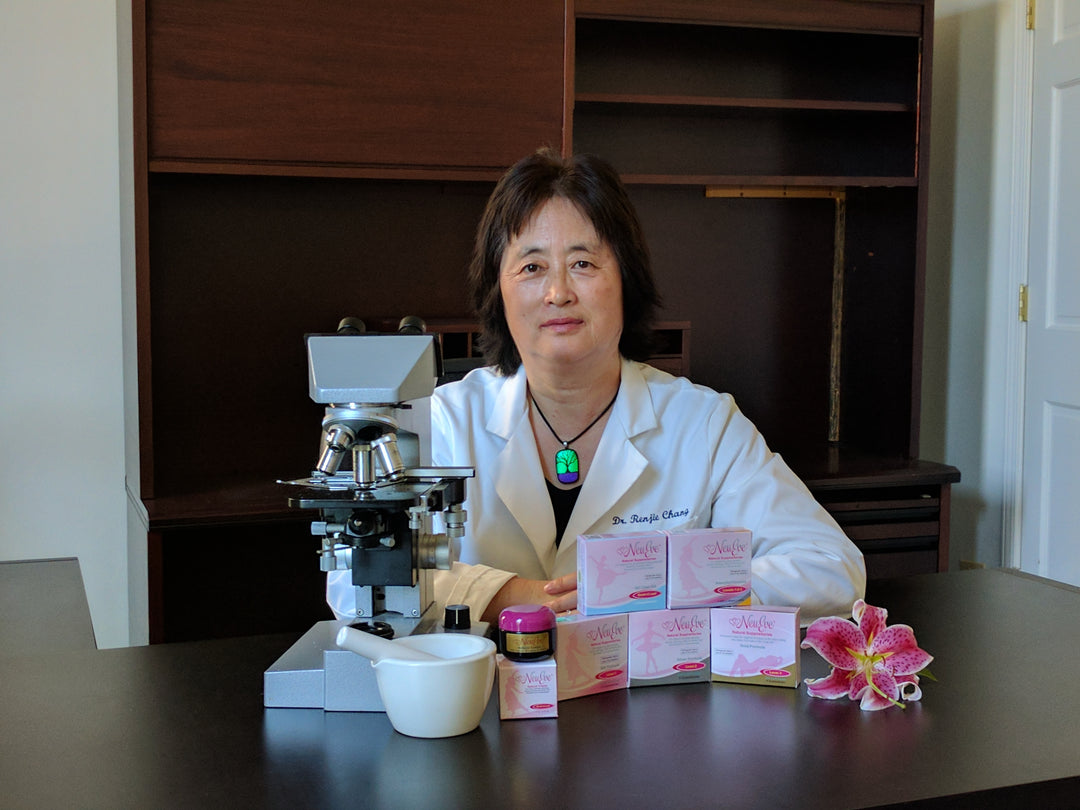
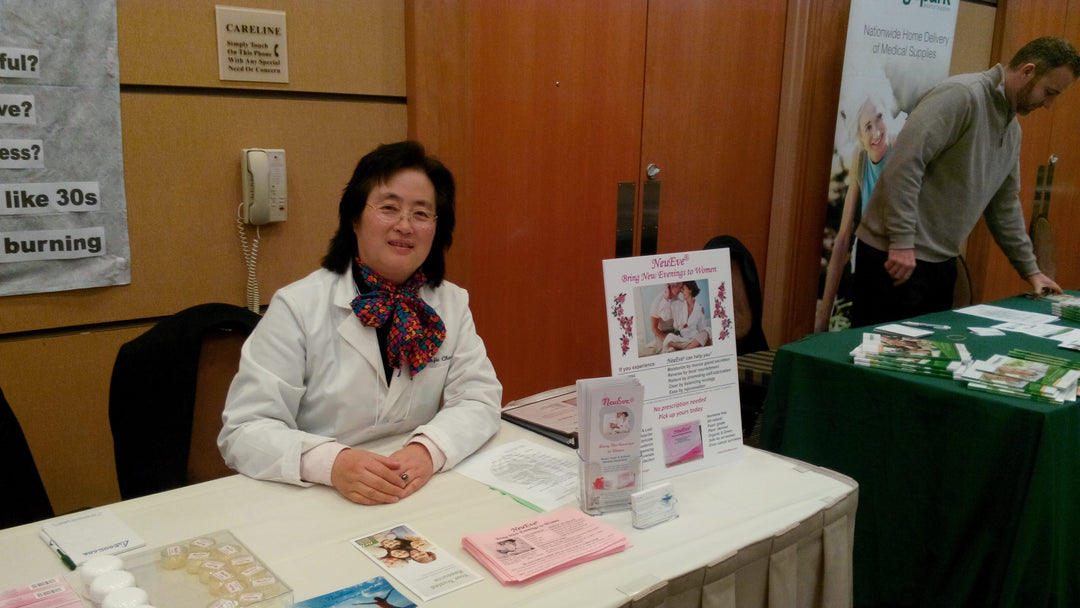

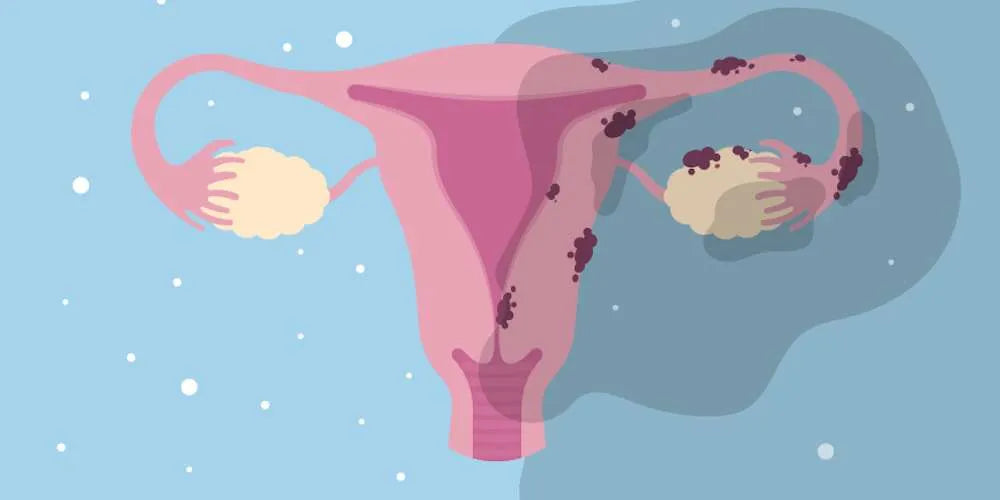
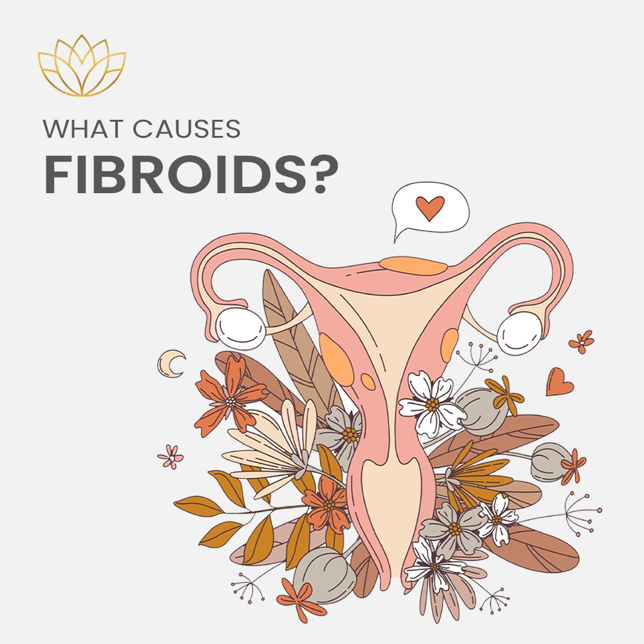
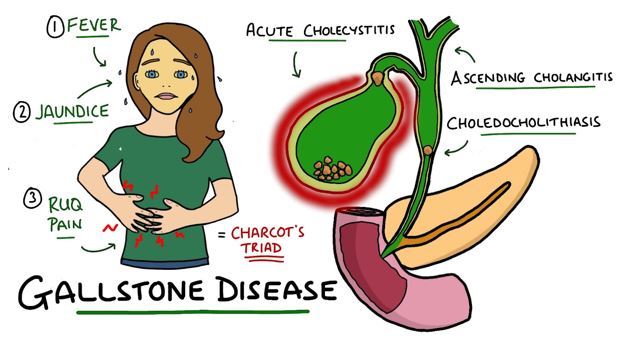
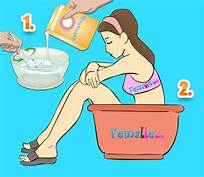
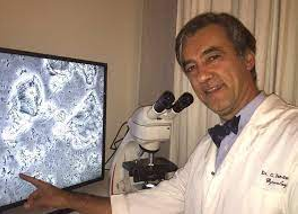

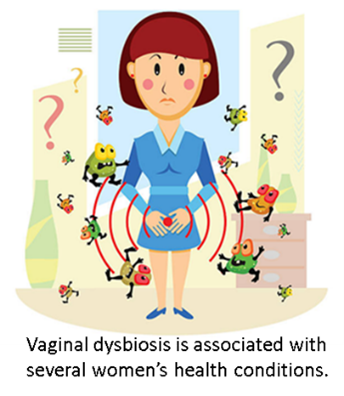
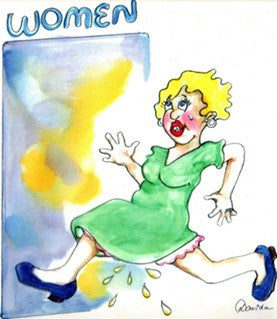
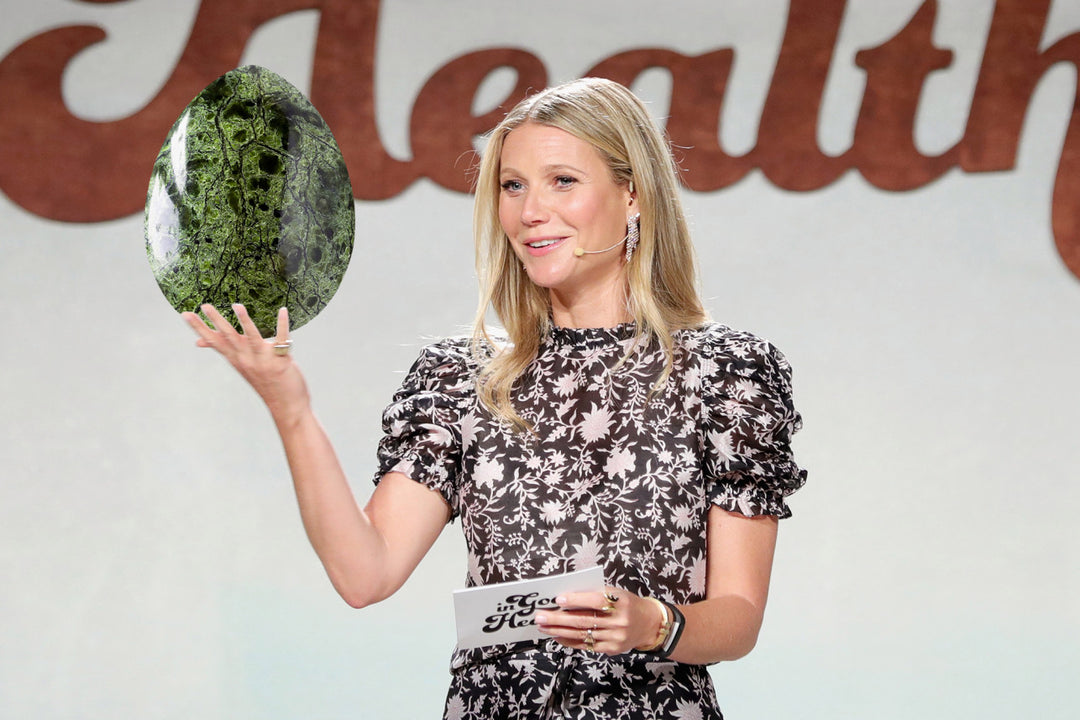
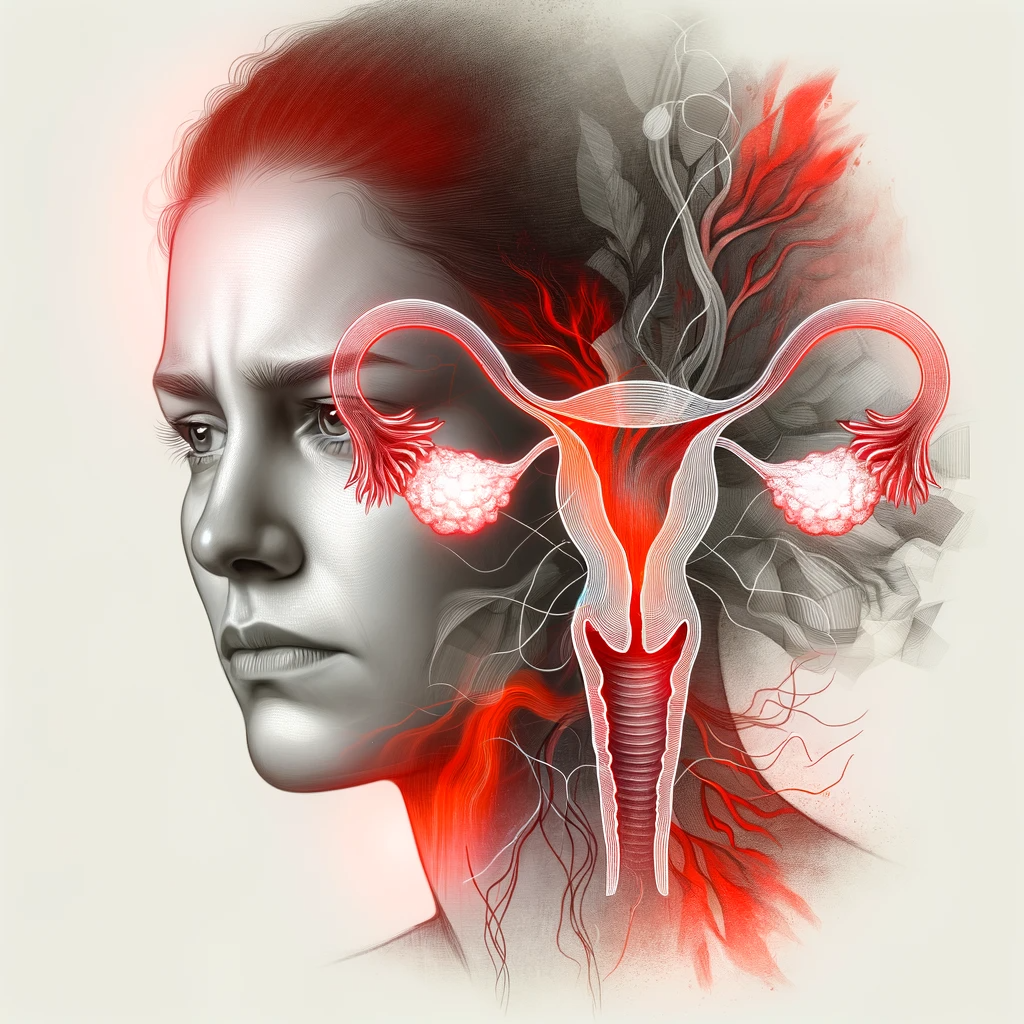

Dear Nicole,
I’m sorry that you are going through this.
Everyone deserve to have a fulfilled life. Many of our customers after using NeuEve were able to regain their libido and vaginal wall integrity.
We are here for you.
Dear Nicole,
I’m sorry that you are going through this.
Everyone deserve to have a fulfilled life. Many of our customers after using NeuEve were able to regain their libido and vaginal wall integrity.
We are here for you.
Sex is sooo painful that every time I try, I try to just take the pain and I can’t The skin around my vaginal entry is supper thin. It feels like if I had some super deep paper cuts. I’m giving up.
Dear Holly, I’m sorry that you’ve experienced this.
This is actually a very common story that we hear, in fact many of our customers after using NeuEve were able to regain their libido and vaginal wall integrity.
We are here for you.
My Hysterectomy was 10 yrs ago and I have not been with anyone since then, before the surgery My husband and I spoke with the surgeon telling him to leave my ovaries in tact unless it was absolutely necessary for example finding cancer then he was suppose to stop and explain that they found cancer and it’s important we remove everything but only if it was completely necessary but that never happened, he went ahead and removed everything leaving half a woman. I have “NO” sex drive and my husband divorced me now I used J&J Baby Powed/Talcum Powder before I had the surgery, I’m only in my 50’s and I feel like my life is over, I trusted the surgeon and now having “NO” desire for sex and other factors I hold the surgeon responsible because I never told him to take everything just a partial and now I’m I’ll and have a lot of medical problems and nobody to learn on or love me enough to deal with the amount of pain I’m dealing with!
Leave a comment